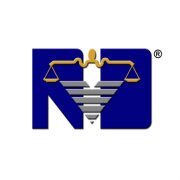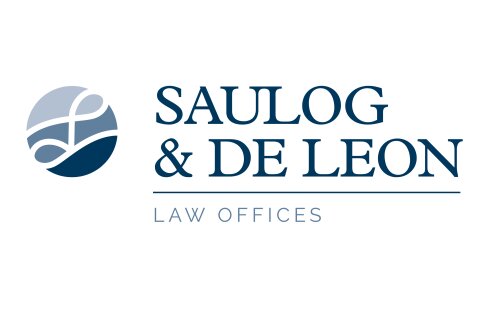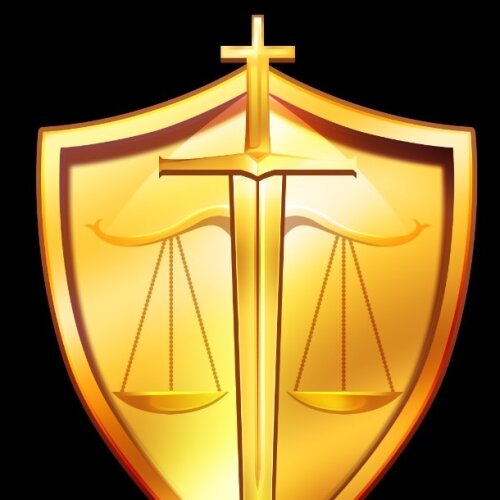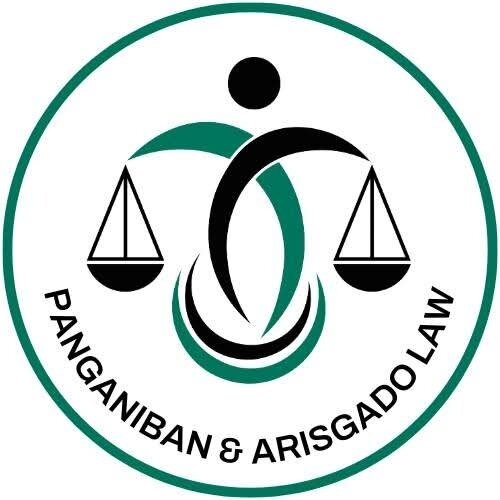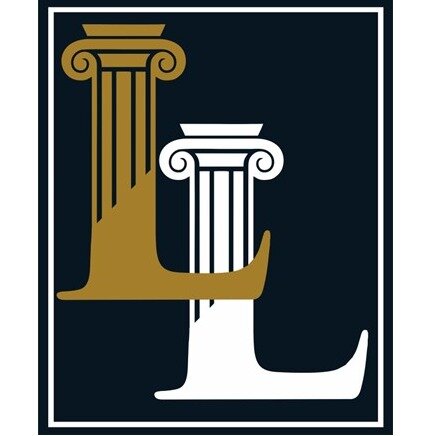Best Elder Abuse Law Lawyers in Philippines
Share your needs with us, get contacted by law firms.
Free. Takes 2 min.
Or refine your search by selecting a city:
List of the best lawyers in Philippines

Dagsaan Monterde Castillo Law and Notary Public (DMC LAW)
15 minutes Free ConsultationAbout Elder Abuse Law in Philippines
Elder Abuse Law in the Philippines focuses on protecting senior citizens and ensuring their rights and welfare are upheld. The legal framework addresses various forms of abuse, including physical, psychological, financial, and neglect. RA 9994, also known as the Expanded Senior Citizens Act of 2010, and other relevant statutes, aim to provide protection and support services to the elderly, recognizing their contributions and dignity.
Why You May Need a Lawyer
Individuals may seek legal assistance in Elder Abuse Law for several reasons, including reporting suspected abuse, seeking protection for a loved one, or navigating the justice system to hold perpetrators accountable. Lawyers can provide expertise in understanding complex legal statutes, represent victims or their families in court, and advocate for protective measures or compensation. Legal help may also be necessary for drafting legal documents or engaging with social services on behalf of an elderly person.
Local Laws Overview
The Philippines has several laws related to elder care and abuse prevention. Key provisions include:
- RA 9994 (Expanded Senior Citizens Act of 2010): This Act enhances the rights and privileges of senior citizens, including health benefits, social welfare services, and protection against abuse.
- Anti-Violence Against Women and Their Children Act of 2004: Although primarily targeted at women and children, this law also offers protection to elderly women facing abuse within family settings.
- Family Code of the Philippines: Offers general provisions that can be applied to elder abuse situations, particularly regarding family obligations and support.
Frequently Asked Questions
What constitutes elder abuse in the Philippines?
Elder abuse includes physical, emotional, or psychological harm, neglect, financial exploitation, and abandonment.
How can I report elder abuse?
You can report elder abuse to your local barangay, police station, or Department of Social Welfare and Development (DSWD) office.
What legal protections are available to victims of elder abuse?
Legal protections include restraining orders, access to social services, and legal proceedings against perpetrators under applicable laws.
Who can be charged with elder abuse?
Anyone who causes harm or neglects the care of an elder, including family members, caregivers, and nursing home staff, can be charged.
What is the role of the DSWD in elder abuse cases?
The DSWD provides rescue, rehabilitation, and support services, including legal assistance to elder abuse victims.
Can financial abuse be considered a crime?
Yes, financial abuse, such as theft or fraud of an elder’s assets, can be prosecuted under applicable laws.
What should I do if I suspect someone is experiencing elder abuse?
Report the suspicion to local authorities or the DSWD, and seek legal advice or consultation to understand available options.
Are there shelters available for elder abuse victims in the Philippines?
Yes, there are shelters and temporary care facilities provided by local government units and NGOs for elder abuse victims.
How can a lawyer help in elder abuse cases?
A lawyer can guide legal procedures, represent the victim or their family in court, and liaise with authorities and social services.
What are the penalties for elder abuse in the Philippines?
Penalties vary depending on the nature of the abuse but can include fines, imprisonment, and additional civil liabilities.
Additional Resources
The following resources can provide further assistance and information regarding elder abuse in the Philippines:
- Department of Social Welfare and Development (DSWD): Offers various programs and services for the protection and welfare of senior citizens.
- Commission on Human Rights (CHR): Provides guidance and support related to human rights issues, including elder abuse.
- Local Government Units (LGUs): Often have social welfare departments to help address elder abuse cases.
- Senior Citizens Organizations: These bodies advocate for the rights and welfare of elderly populations and can be valuable allies.
Next Steps
If you need legal assistance regarding elder abuse, consider reaching out to a reputable lawyer specializing in elder law. Contact the Philippine Bar Association for recommendations or referrals. Additionally, engage with local authorities and service providers for immediate support and to ensure the safety of the elder involved.
Lawzana helps you find the best lawyers and law firms in Philippines through a curated and pre-screened list of qualified legal professionals. Our platform offers rankings and detailed profiles of attorneys and law firms, allowing you to compare based on practice areas, including Elder Abuse Law, experience, and client feedback.
Each profile includes a description of the firm's areas of practice, client reviews, team members and partners, year of establishment, spoken languages, office locations, contact information, social media presence, and any published articles or resources. Most firms on our platform speak English and are experienced in both local and international legal matters.
Get a quote from top-rated law firms in Philippines — quickly, securely, and without unnecessary hassle.
Disclaimer:
The information provided on this page is for general informational purposes only and does not constitute legal advice. While we strive to ensure the accuracy and relevance of the content, legal information may change over time, and interpretations of the law can vary. You should always consult with a qualified legal professional for advice specific to your situation.
We disclaim all liability for actions taken or not taken based on the content of this page. If you believe any information is incorrect or outdated, please contact us, and we will review and update it where appropriate.
Browse elder abuse law law firms by city in Philippines
Refine your search by selecting a city.





